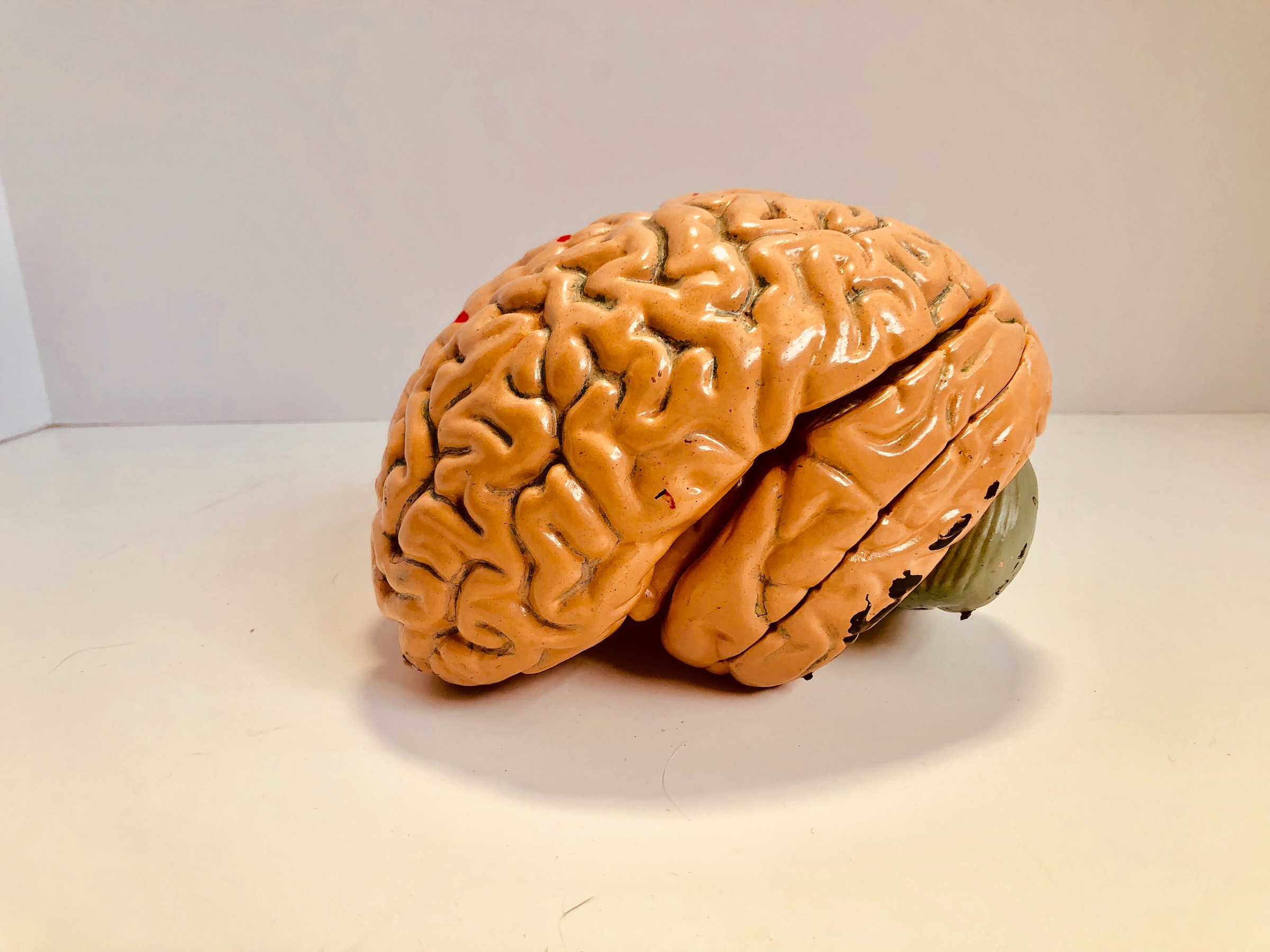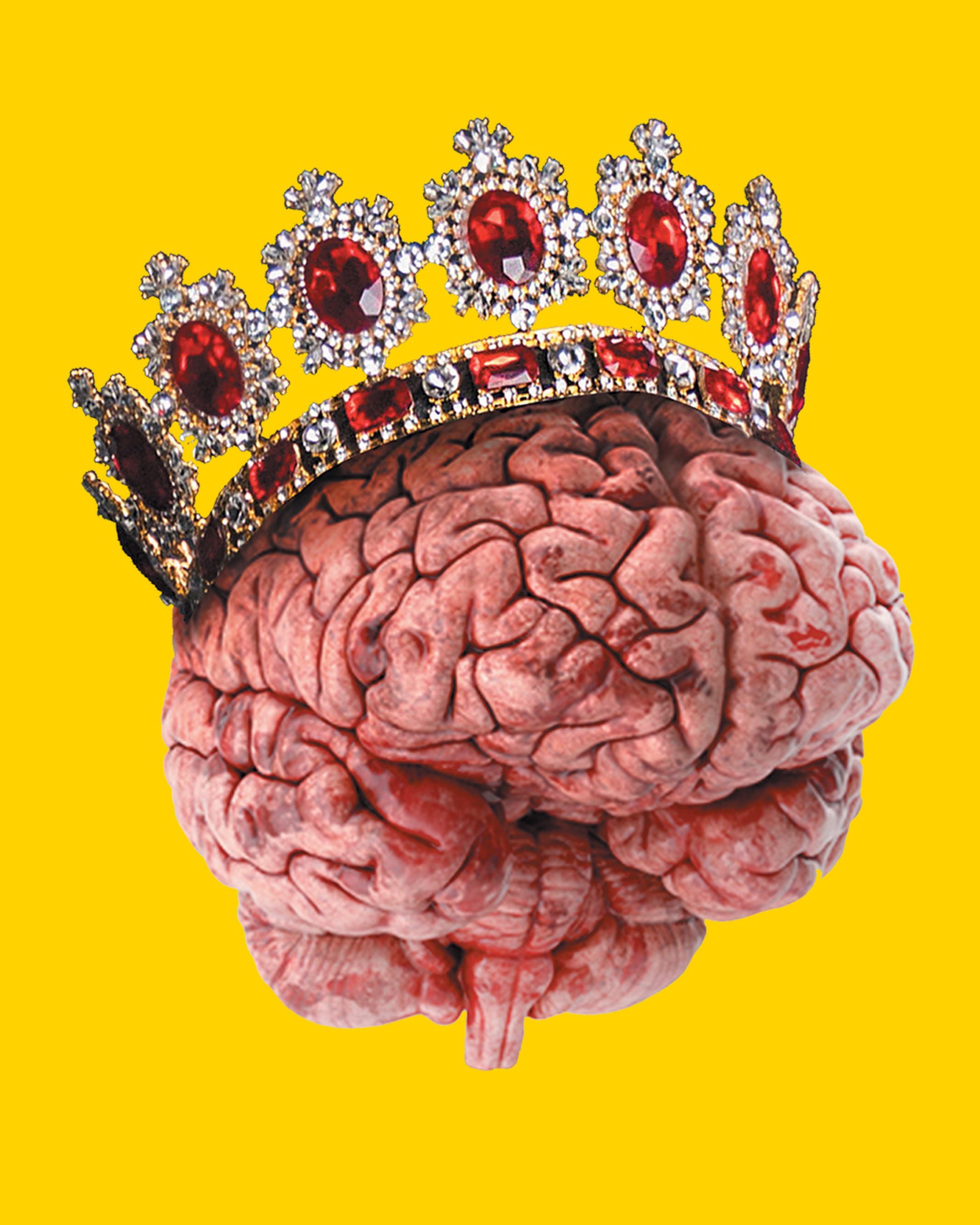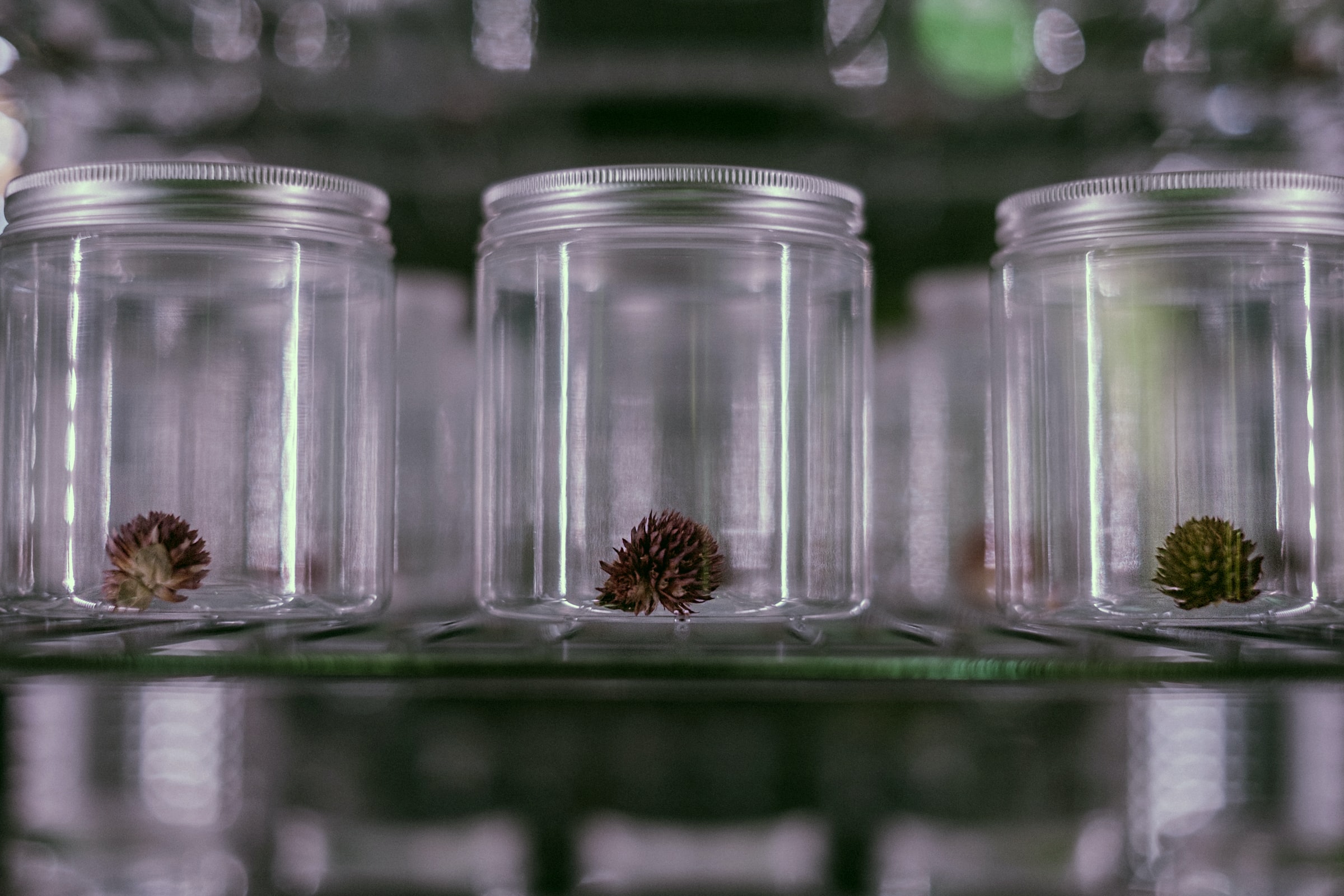
Top 5 Things To Know About The Human Brain
The brain is an essential tool, even more than a pencil, a ruler, or a computer. It’s a tool you use every minute of the day and even night… but do you know how to use it as well as the other tools? Your brain is very strong, and we will help you learn some things about it. So, without further ado, let’s dive into this blog and learn some of the things everyone should know about the human brain.
1. The brain is like play dough

Did you know that your brain is not the same as it was when you got up this morning? The brain is like play-dough. It is constantly changing, modifying, and sculpting itself as you learn. More than that, it needs to change in order to learn. The activity of the neurons changes as you learn. There is constant movement and communication between your neurons.
Experts have shown that if you take a picture of your brain’s electrical activity at one point in time and then take another picture as soon as two hours after exposure to learning, you can see visible changes in the organization of neurons and their connections. This means that your brain is not the same as when you got up this morning! This is called neuroplasticity.
2. To learn better, you have to repeat
That’s right: to learn, your neurons need to be activated regularly and repeatedly, repeatedly, repeatedly. Your neurons need to be trained frequently to maximize your learning and make them resistant to the passage of time. Regularly activating the neurons dedicated to the learning you want to do and frequently practicing various exercises allows you to strengthen the connections between your neurons.
REPEAT is the key! You need to rehearse in many different ways, which means often practicing, and using a variety of strategies. (And that’s good! Because this book is full of tips and strategies!) Over time, this allows information to flow more quickly and easily, and helps to make your learning more solid.
3. Your brain prefers short periods of study

Studying for several hours at a time does not equal success- quite the contrary! It pays to spread your study over several short periods of time rather than reviewing all the material at once the day before the exam. Taking breaks during your study periods gives your brain a better chance to recharge your batteries and memorize the material you just reviewed.
Moreover, your learning will be much more sustainable if the periods of revision are distributed over time (over several days) rather than concentrated in a single study session. This is what scientists call the “spacing effect”. This is why you need to take small breaks when you are revising; your brain doesn’t always do better under pressure. If you cram too much information at once, then you won’t remember most of it.
4. Your brain is active even while you sleep
Our brain is really fascinating, and it does so much even when we don’t even realize it. Studies have shown that neural networks active during learning are reactivated during sleep. It’s as if your neurons have the opportunity to get an extra workout without you having to lift a finger! Sleep, therefore, helps to make learning even more solid and resistant to forgetting.
5. Drinking water stimulates the connections between your neurons

The brain is made up of 80% water, and when dehydrated, the brain is the first organ to be affected: lack of concentration, headaches, dizziness, etc. It is vital to keep your neurons well hydrated! Drinking water allows your brain to work faster and more efficiently. It also promotes better concentration. Conversely, dehydration in children is associated with poorer cognitive functioning. So don’t turn into a cactus! Drink water regularly throughout the day.
Final thoughts
As you can see, your grey matter is not fixed or static. And that’s great…because it means you have power over its development. You are the one who decides! You can do anything! If you realize this now, it will be much easier for you to cultivate what is called a “developmental mindset” and always remember that you can learn and improve with practice, perseverance, and good learning strategies.
To do this, you have to get your brain cells working! You have to get them moving! Train them! Muscle them. Sound off in the comments section below and tell us what you want to read next and if you want to read more about the human brain.
You May Also Like

DNA Decoded: 5 Amazing Secrets of Genetic Information
2023-09-25
Cryonics: Freezing for the Future and the Science of Revival
2023-10-25


